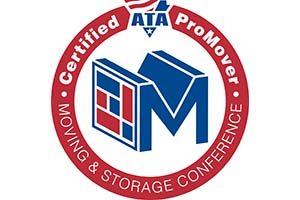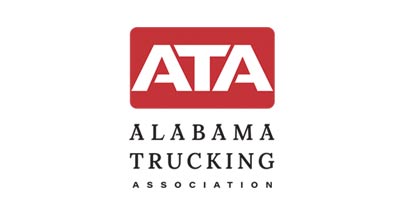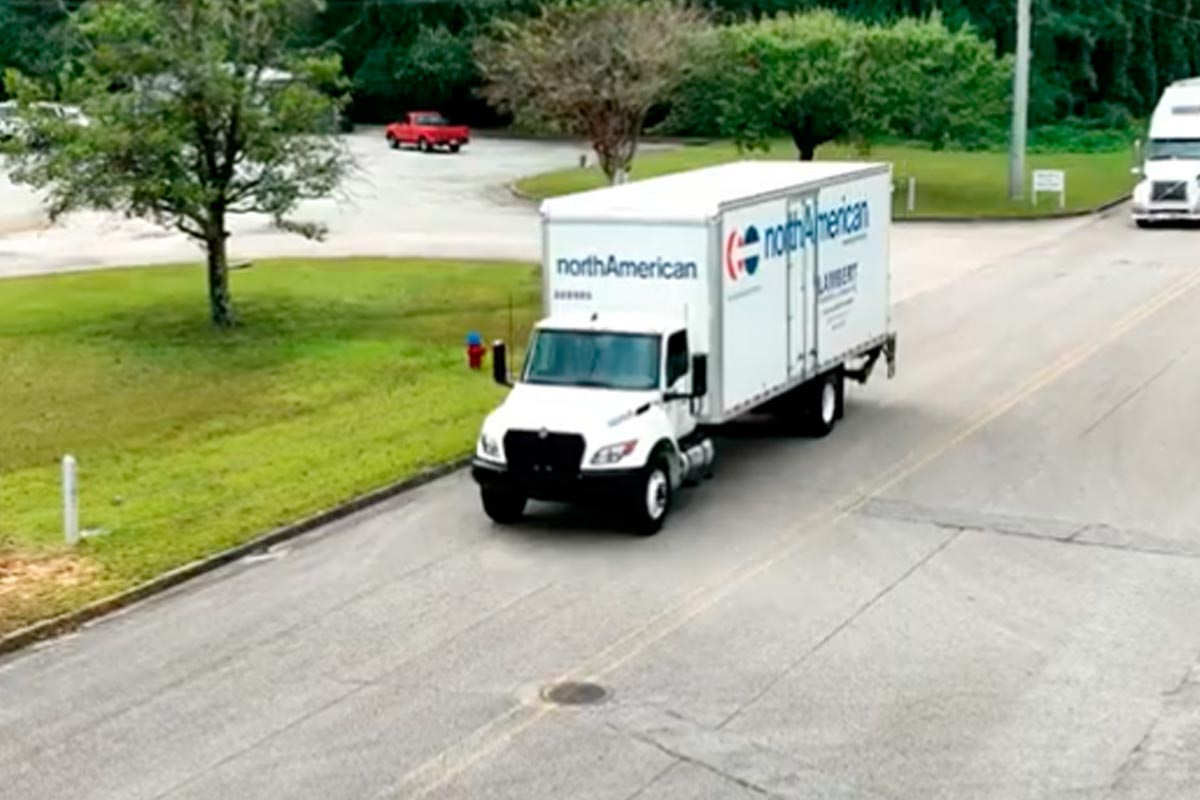The best commercial moves are the ones with the best plans in place!
Even though every move, residential or commercial, follows a pattern, moves are always unique! No two are the same.
But with a commercial move comes the call for more communication between a greater number of people.
Often when you hear the word “relocation,” you think about moving from one house to another.
This process includes a list of steps and tasks that need to be completed and how they touch your daily life. If you are in the process of moving your commercial office space, the same can be true.
With a commercial move, you must create a plan with your movers to transport all your office equipment safely. You also need to prepare your office staff for the move, and what they need to do, so that all goes smoothly.
Something as simple as failure to pack up personal belongings in a desk can be distracting to movers who are there and ready to go.
We’ll go over a list below, but before you hire a commercial relocation company, make sure things are in line so your move goes easier by doing some of the work yourself.
The following are some basic tips for you and your team to follow.
Start with communicating your plans to your employees!
Rumors and “what ifs” can cause your move to get off course.
The First step to a successful move is Communicate. Beginning by letting your employees know that the company will be transitioning to a new location. If the move is internal, outline how and when the move will take place.
This is one of the best things you can do to ensure a smooth move. Plus, be open to questions asked by your employees because the right question could provide even more insight into your moving experience.
It’s also important for managers and employees to know the new address and office location along with the expected date of the move. Most managers enjoy knowing any expected changes to the workflow (such as when to pack up their workspaces).
Once you’ve created your moving plan and checklist, share these with your employees. Shared knowledge helps to make the process run smoothly and ensures everyone is on the “same page.”
It’s crucial to inform service providers and especially your property owner in advance. It may be appropriate to issue a press release on behalf of the company to provide the community with essential details they need to know.
Second, Start Early! A successful move usually starts at least 3-6 months before the expected move date. This provides plenty of time for you to organize your move and prepare your team to move.
Third, Create an Internal Moving Team.
Take time to create a team within your company that will oversee the move—from start to finish. This will be one of the best things you will do. With a relocation team in place, your company will continue to run well while responsibilities are distributed between employees and the internal team, making the process much more efficient.
When choosing a team leader, look for someone who can multitask, has excellent communication and organizational skills, and is respected by employees.
Fourth, create a Budget for your move and stick to it. Unexpected things happen. While you may think a move is a move, commercial moves require different insights. An experienced mover can help you see beyond your immediate needs to the needs that will unfold as you unpack. Remember: ask questions, take notes, and carry a measuring tape with you!
Fifth, create a schedule and timeline for your relocation.
It will not be superfluous to conduct a complete inventory of all equipment and electronics. Also, determine which of the things you are not going to transport to the new office and sell or throw them away.
A rough action plan, budget, and inventory list will help you better understand how to complete your move in the best possible way.
Six, choose a Moving Company.
Choose a company with skill, experience, depth of knowledge, and good equipment. Pay attention to online reviews. You also can ask for references.
Also, consider what moving company knows the area where you are relocating. For example, if your office is in or around Birmingham, Alabama, or you are planning to make a commercial move to this area, it could be best to hire a mover from that local area.
Experience with the area means a lot and can make your move more efficient. Therefore, choosing a local moving company in the Birmingham area is a good option.
Seven, make a Moving Folder
Before moving, create a folder in which you can safely store all important documents, agreements, contracts, and other official papers. Your relocation team manager should do this for you.
Also, before your move, back up your systems to avoid losing your company’s critical data due to unforeseen situations (such as damage to servers and hard drive
The final step is to update all your addresses on the website, post office, documents, business cards, etc. You want your clients to be able to find you!
Quick Things to Avoid:
- The company fails to provide a quote for your move or demands money for it. Quotes should be a part of the process along with time to consult your mover about their experience.
- The company requires advance payment. Reliable movers charge a fee after the job is completed.
- The company only accepts cash for payment. This is a common sign of a company’s lack of license and insurance.
Are you in the market for a mover in Alabama? Lambert Moving Systems is one of the top companies for moving in Alabama. We’ve been around for 90 years. Find your location below to get in touch now!
Photo by Ketut Subiyanto on Pexels








